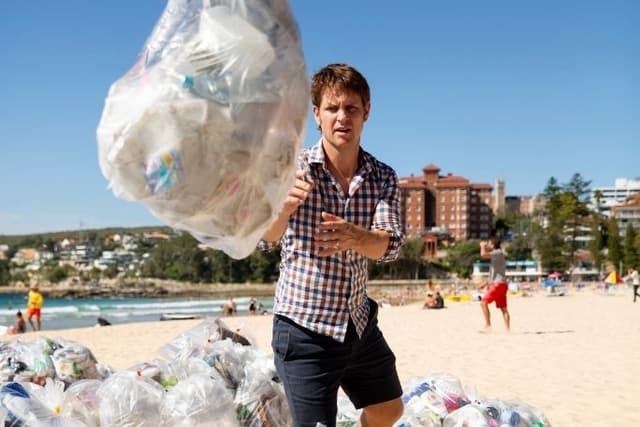
War On Waste - Taking Action For Waste
Lesson13 of 14 in this unit
SecondaryYear 7 - 10ScienceHumanities and Social SciencesGeographyBusiness and EconomicsEnvironmentalSustainabilitySocialSocial Action
Summary
Lesson Guides and Printables
Lesson Plan

Student Worksheet

Teacher Content Info
